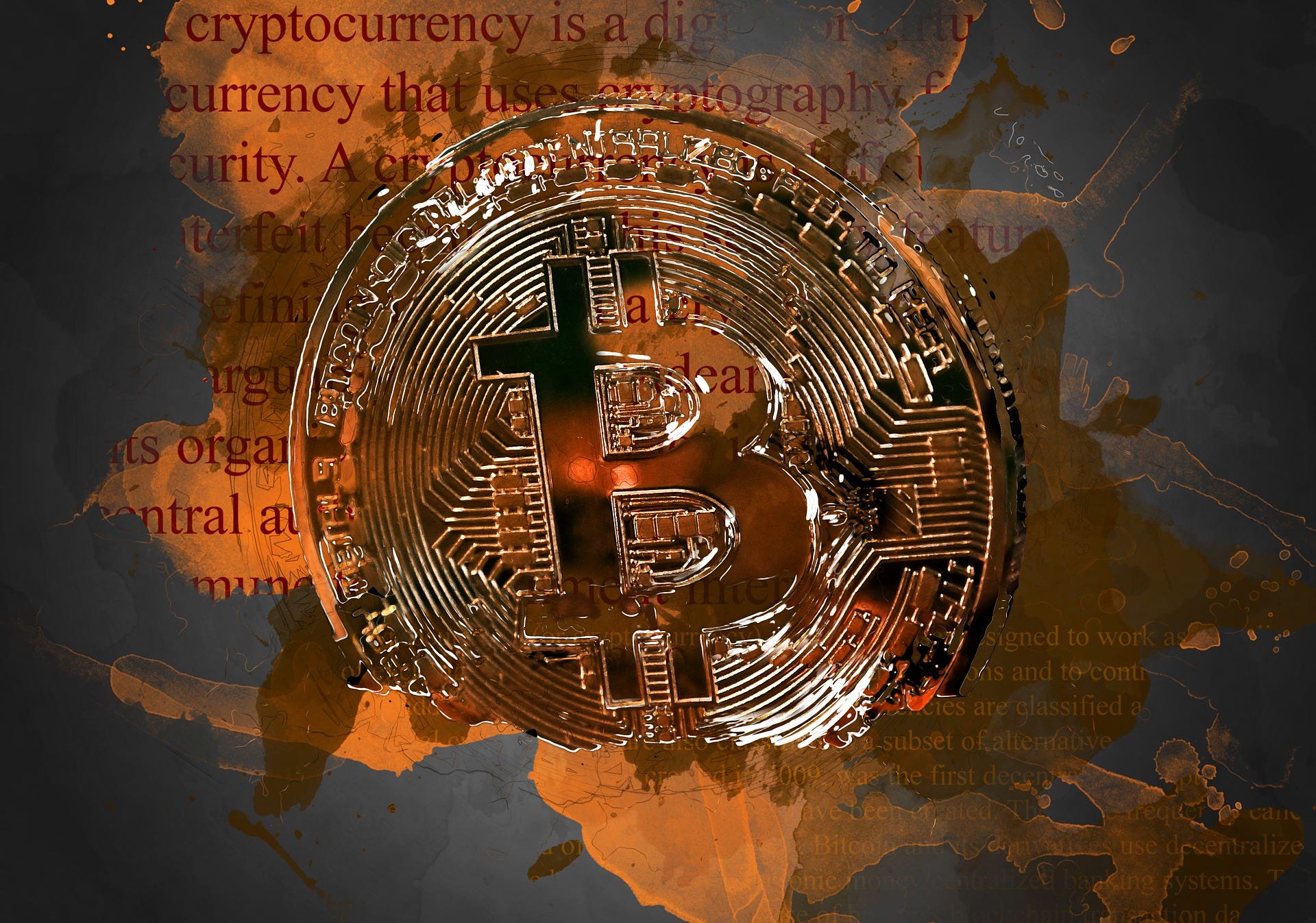PALO ALTO, Calif. (Reuters) - The Federal Reserve is taking a look at a broad range of concerns around digital payments and currencies, including policy, style and legal considerations around potentially providing its own digital currency, Governor Lael Brainard said on Wednesday. Brainard's remarks suggest more openness to the possibility of a Fed-issued digital coin than in the past." By changing payments, digitalization has the prospective to deliver higher value and convenience at lower cost," Brainard said at a conference on payments at the Stanford Graduate School of Organization.
Central banks worldwide are disputing how to manage digital finance innovation and the dispersed journal systems utilized by bitcoin, which assures near-instantaneous payment at potentially low expense. The Fed is establishing its own the fed coin day-and-night real-time payments and settlement service and is presently reviewing 200 remark letters sent late last year about the suggested service's style and scope, Brainard said.
Less than 2 years ago Brainard informed a conference in San Francisco that there is "no engaging showed requirement" for such a coin. But that was before the scope of Facebook's digital currency ambitions were extensively understood. Fed officials, including Brainard, have actually raised issues about consumer defenses and data and privacy risks that might be presented by a currency that could enter into usage by the third of the world's population that have Facebook accounts.

" We are teaming up with other central banks as we advance our understanding of main Have a peek here bank digital currencies," she stated. With more nations looking into issuing their own digital currencies, Brainard stated, that includes to "a set of factors to also be ensuring that we are that frontier of both research and policy advancement." In the United States, Brainard said, concerns that require research study consist of whether a digital currency would make the payments system more secure or simpler, and whether it might present financial stability dangers, consisting of the possibility of bank runs if cash can be turned "with a single swipe" into the reserve bank's digital currency.
To counter the monetary damage from America's unmatched nationwide lockdown, the Federal Reserve has actually taken unprecedented steps, including flooding the economy with dollars and investing straight in the economy. Many of these relocations got grudging acceptance even from numerous Fed doubters, as they saw this stimulus as required and something just the Fed might do.
My brand-new CEI report, "Government-Run Payment Systems Are Unsafe at Any Speed: The Case Against Fedcoin and FedNow," details the threats of the Fed's existing strategies for its FedNow real-time payment system, and propositions for main bank-issued cryptocurrency that have actually been called Fedcoin or the "digital dollar." In my report, I discuss issues about privacy, information security, currency control, and crowding out private-sector competition and innovation.
Supporters of FedNow and Fedcoin say the government needs to create a system for payments to deposit quickly, rather than encourage such systems in the economic sector by lifting regulatory barriers. But as noted in the paper, the economic sector is providing an apparently unlimited supply of payment innovations and digital currencies to solve the problemto the level it is a problemof the time gap between when a payment is sent out and when it is gotten in a bank account.
And the examples of private-sector development in this area are numerous. The Cleaning House, a bank-held cooperative that has been routing interbank payments in numerous kinds for more than 150 years, has actually been clearing real-time payments because 2017. By the end of 2018 it was covering 50 percent of the deposit base in the U.S.